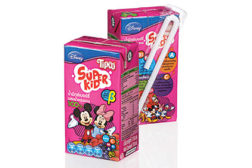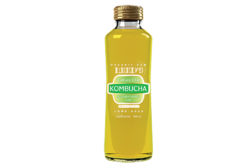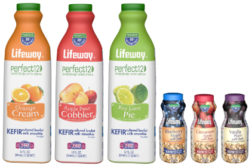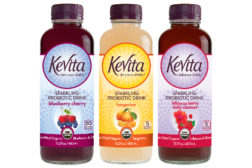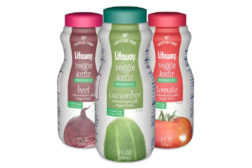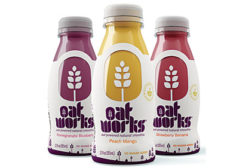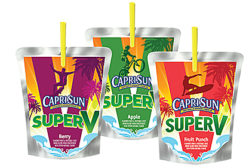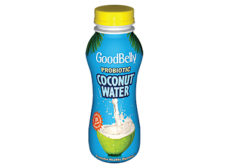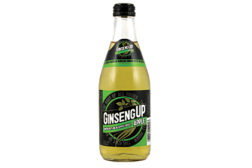Home » digestive health
Articles Tagged with ''digestive health''
Peer-reviewed clinical studies important for efficacy, label claims
Read More
KeVita builds the next generation of health and wellness beverages
KeVita reveals a new brand extension coming this fall
August 11, 2014
Consumers seek fiber ingredients they can feel, not taste
Live probiotic ingredients take organic to a new level
May 16, 2014
New Lifeway drink combines vegetable juices and probiotics
Lifeway Veggie Kefir will debut at Natural Products Expo West
March 6, 2014
Getting your fill of fiber
Fortification helps deliver ingredient’s benefits
October 11, 2013
Digestive health ingredients get ‘gutsy’
Digestive health drinks follow wellness trend’s lead.
May 15, 2013
Elevate your expertise in the beverage marketplace with unparalleled insights and connections.
Join thousands of beverage professionals today. Shouldn’t you know what they know?
JOIN NOW!Copyright ©2024. All Rights Reserved BNP Media.
Design, CMS, Hosting & Web Development :: ePublishing
